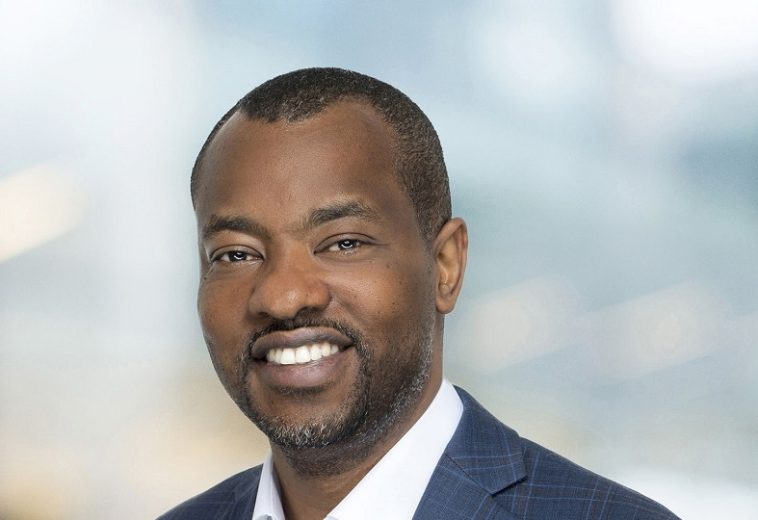The curtains have closed on Ghana’s historic election, and John Dramani Mahama emerges once again as the architect of the nation’s future. His return marks a pivotal moment, with citizens eagerly anticipating a presidency infused with hope and seasoned by experience.
Who is John Mahama?
John Dramani Mahama, born in 1958, is one of Ghana’s most accomplished political figures. His journey to power began with an extensive career in public service, including roles as a Member of Parliament, Minister of Communications, Vice President, and President from 2012 to 2017. His first presidency was notable for ambitious infrastructural developments, such as the Kwame Nkrumah Circle Interchange, often referred to as “Ghana’s Dubai,” and the Ridge Hospital, which enhanced healthcare access.
READ ALSO: US Election: Implications of Trump’s Victory for Africa
Although his tenure faced criticism for economic mismanagement, particularly regarding rising debt levels and persistent power shortages, Mahama’s years in opposition provided an opportunity for reflection, recalibration, and renewed engagement with the electorate. His victory is widely seen as a call for experienced leadership in challenging times.
Mahama’s Campaign Promises
Mahama’s 2024 campaign resonated with Ghanaians enduring economic hardships. Here are some of his key pledges:
Economic Resuscitation
Ghana’s economy has been beleaguered by high inflation, a depreciating cedi, and a crippling debt burden. Mahama plans to cancel “nuisance taxes,” including the controversial E-Levy on electronic transactions and COVID-era levies that have strained households and businesses. His administration aims to stabilise the cedi, renegotiate debt terms, and foster a business-friendly environment.
Medical Reform
The “MahamaCare” initiative forms a cornerstone of his agenda, promising free tertiary healthcare for persons with disabilities and improved access to treatments for chronic illnesses such as diabetes, cancer, and hypertension. Building on his past achievements, such as establishing the University of Ghana Medical Centre, Mahama’s healthcare reforms signal an intent to prioritise equity in medical services.
Education Reform
Mahama plans to expand Ghana’s Free Senior High School programme to include private schools, ensuring broader access to education. His administration also envisions free tertiary education for first-year students as part of a comprehensive education overhaul.
Empowerment
Mahama has proposed creating a Women’s Development Bank to provide funding for female entrepreneurs. He also plans to revitalise the Youth Employment Agency to address the pressing issue of youth unemployment.
Infrastructure and Development
Mahama has pledged to restart energy projects to resolve the recurring power crises (“Dumsor”) that plagued Ghana during his earlier presidency. His plans include doubling investments in renewable energy and enhancing transportation networks nationwide.
A Phoenix Rising: Resurrecting Ghana’s Economy
Mahama assumes office with unparalleled experience in Ghanaian politics. As one of West Africa’s most seasoned leaders, he is well-versed in governance, international diplomacy, and crisis management. His government intends to collaborate with global financial institutions to restructure debt while safeguarding social spending.
The Ghana Mahama inherits is grappling with an economic downturn marked by inflation, a weak cedi, and unsustainable public debt. His campaign promised a reset through policies aimed at cancelling burdensome taxes, supporting local industries, and stabilising the national currency.
His emphasis on a “24-hour economy” and women-centred banking initiatives underscores his ambition to reshape Ghana’s economic framework, making it more inclusive and dynamic. However, these ambitious goals will require adept policymaking and an unwavering focus on addressing fiscal mismanagement.
Bridges of Trust: Strengthening Democracy
Mahama’s return is a testament to Ghana’s democratic resilience. In an election celebrated for its peaceful transition, his victory reinforces the country’s reputation as a beacon of democracy in Africa. International observers praised the transparency of the process, setting an example for other nations on the continent.
Yet, with this trust comes a formidable challenge: uniting a nation often divided by political loyalties. Mahama’s administration must balance the expectations of his supporters with outreach to the opposition, fostering an inclusive government that prioritises national unity.
Ghanaians have clear expectations for Mahama’s presidency: stabilise the economy, improve living standards, and restore hope. His ability to navigate these demands while leveraging his extensive political experience will define his legacy. As Ghana embarks on this new chapter, the world watches with anticipation, eager to see how this seasoned leader will steer the nation forward.
What Lies Ahead?
For many, Mahama’s presidency is not merely a return; it is a second chance to shape his legacy. His leadership will be evaluated on his ability to revitalise the economy, address disparities in healthcare and education, and unite a politically diverse nation.
As Ghana looks to the future, Mahama faces an opportunity to transform adversity into collective triumph. For now, hope abounds among Ghanaians, a nation poised for renewal under its experienced statesman.
John Dramani Mahama’s presidency begins at a crossroads, a moment ripe for transformation. The foundations of his governance—rooted in experience, bold initiatives, and inclusivity—will be tested against Ghana’s aspirations and challenges. As Ghanaians welcome their leader back to the helm, the question is no longer “Can he lead?” but rather “How will he lead the country forward?”




